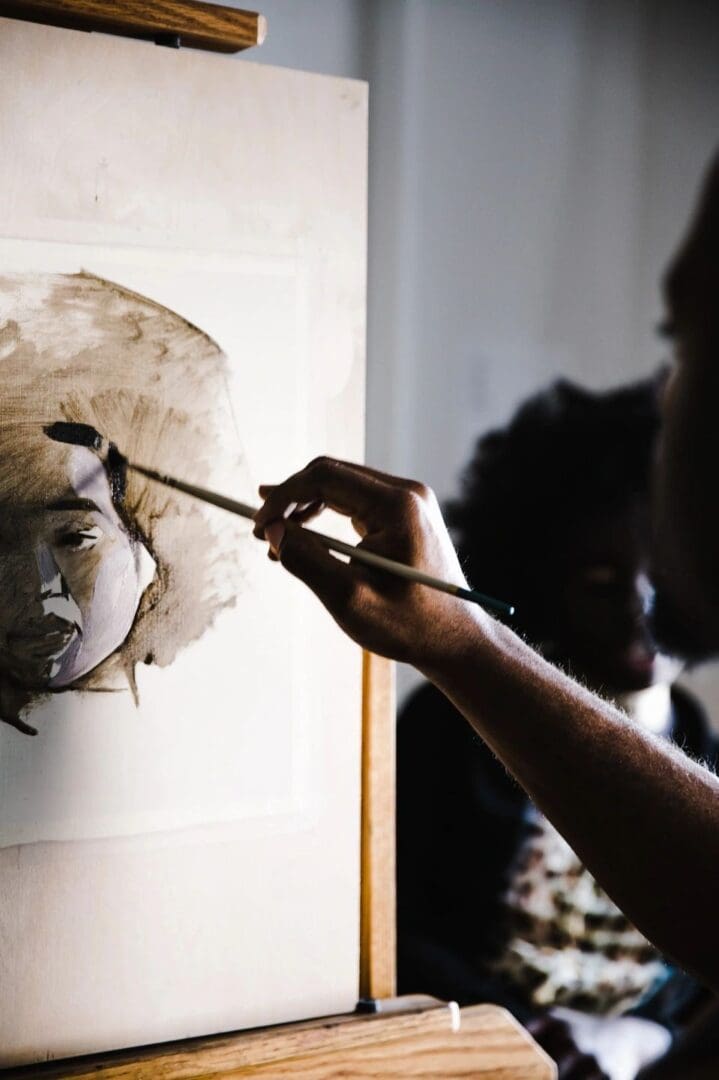Search Posts
Recent Posts
- Vinny Paz to be inducted TODAY into the International Boxing Hall of Fame – CES Boxing June 7, 2025
- In the News… quick recap of the week’s news (6.7.25) June 7, 2025
- Burn with Kearns: Strong without the spend: How scraps became strength tools – Kevin Kearns June 7, 2025
- Rhode Island Weather for June 7, 2025 – Jack Donnelly June 7, 2025
- How to advocate for threatened properties: The Heritage Alliance of Pawtucket June 7, 2025
Categories
Subscribe!
Thanks for subscribing! Please check your email for further instructions.

AARP survey: Close link for women between discrimination and mental health – Herb Weiss
By Herb Weiss, contributing writer on aging issues
The Washington, DC-based AARP recently reported the results of its annual survey, Mirror/Mirror: Women’s Reflections on Beauty, Age and Media™. The survey findings indicate that discrimination is a real and common occurrence. Nearly two out of three (63%) women 50-plus say they feel discriminated against regularly. For most American women who experience discrimination, they regularly rate their current mental health lower, on average, than those who do not, and that age, race, ethnicity and/or skin tone, as well as weight, are the most common types of discrimination reported.
AARP partnered with the NORC at the University of Chicago to conduct a national survey last fall. As to methodology, AARP’s study included a national survey of 6,643 women ages 18 and older from all 50 states and the District of Columbia. The interviews were conducted in English and Spanish; most were online, while about 100 were via telephone. The survey was weighted to be representative of the segment it represents.
The survey findings indicate that bias occurring in everyday encounters take their toll on women’s mental and physical health, as well as their finances, and career opportunities.
According to the findings of AARP’s survey, in addition to suffering other forms of discrimination, women 50+ also experience age discrimination, as many appear to be deemed “too old.” The study’s data, released on June 22, 2022, found that ageism seems to be the most frequently reported type of discrimination (48%) among women 50+ who experience discrimination regularly. Among these women, discrimination based on weight appears to have the greatest impact on their mental health, say the researchers.
AARP’s Mirror/Mirror™ survey also reflects the pressure working women feel to look or act a certain way. In fact, more than half (57%) of women 50+ surveyed feel pressured to wear professional clothing at work, while 47% feel they should wear age-appropriate clothing; 43% feel pressured to wear gender-appropriate clothing, and 43% feel pressured to behave a certain way at work.
AARP’s survey findings also found that 67% of working women aged 18-plus reported experiencing discrimination at work that impacted their earnings. Additionally, 87% say they have been overlooked, or devalued; have been passed over for a raise, promotion (42%); been told to behave a certain way at work (38%); were excluded from projects or meetings (29%;) or been unfairly fired from a job (23%).
The survey shows that while experiences of discrimination may vary, women who experience discrimination regularly adapt to it in similar ways. For example, 74% closely observe their surroundings, 58% carefully watch what they say and how they say it, and 51% consider feelings of safety and comfort in their everyday interactions.
“Every day, the mental health of countless numbers of women is affected by acts of discrimination. Irrespective of their age, ethnicity, or any other factor, women should not have to adapt their behavior to lessen the incidence of discrimination against them,” said Yvette Peña, AARP Vice President of Multicultural markets, announcing the study’s findings.
The survey, key elements of which appeared in a digital and print content collaboration with Allure in their June/July issue, also reveals that younger women are more likely than older women to experience discrimination; they experience more types of discrimination; and they’re more likely to say that discrimination impacts their mental health. However, age discrimination impacts women of all ages. Around 1 in 3 women (30%) experience age discrimination “at least sometimes,” and women age 50+ experience age discrimination at roughly the same rate as women ages 18-49.
To see AARP’s annotated questionnaire: https://www.aarp.org/content/dam/aarp/research/surveys_statistics/life-leisure/2022/mirror-mirror-2022-womens-reflections-beauty-age-media-annotated-questionnaire.doi.10.26419-2Fres.00539.007.pdf/
For details about this study: https://www.aarp.org/health/conditions-treatments/info-2022/women-discrimination-and-mental-health/?cmp=RDRCT-MIRRORMIRROR-06222022
For further information: Gil Cabrera, 202-679-1043, gcabrera@aarp.org
Editor’s Note: We encourage our readers to leave a comment about this article – and others – just type in the section below, it will appear within a few hours, and we will respond – thank you.
___

Herb Weiss, LRI’12, a Pawtucket writer covering aging, health care and medical issues. To purchase his books, Taking Charge: Collected Stories on Aging Boldly, and a sequel, go to herbweiss.com.
